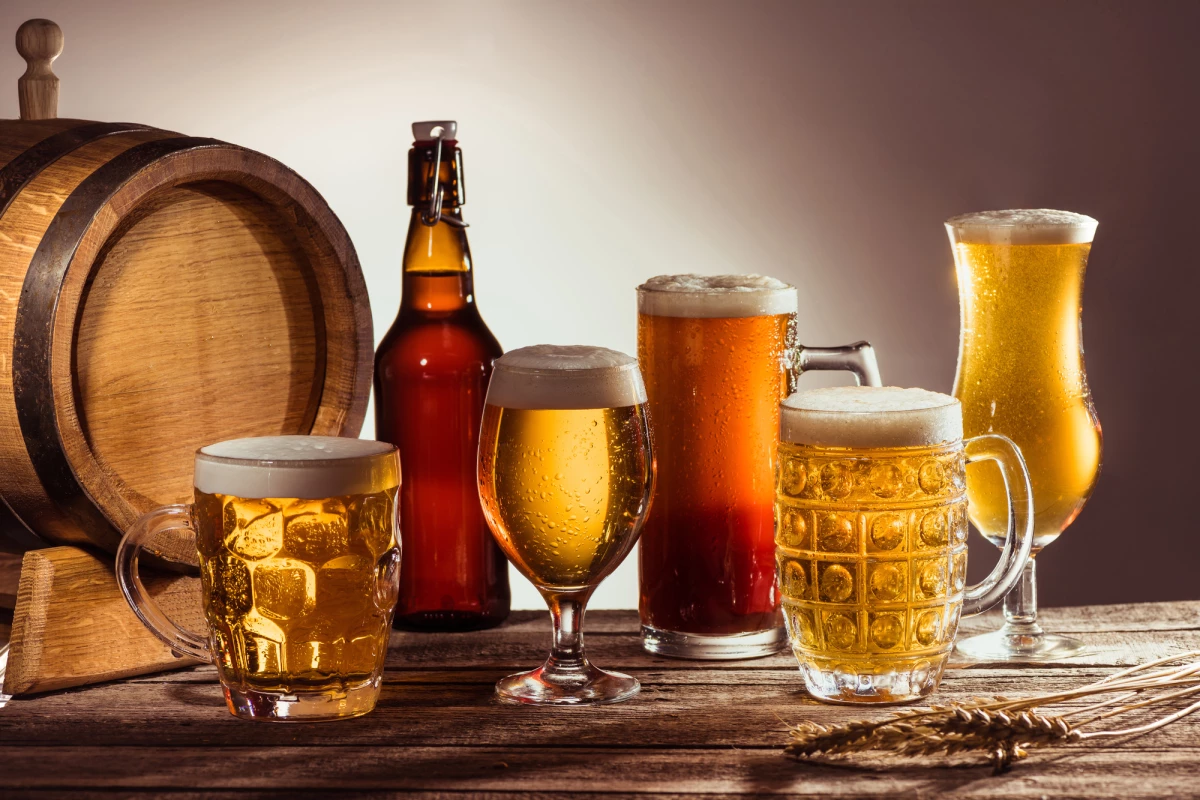Nothing ruins a weekend session like realizing your beer is stale, but it’s an all-too-common problem. Now, researchers from Jiangnan University have found a way to keep beer fresher for longer, by genetically engineering lager yeast to produce certain compounds that prevent staleness.
Unless you’re slurping it straight out of the brewer’s conditioning tank, there’s a good chance your beer is at least a few weeks old. Unfortunately, we live in a world where beer needs to be packaged, transported, stored, sold and bought before it can be consumed. Throughout that whole process, beer is constantly undergoing certain chemical reactions – and things like light and heat speed these up.
The end result is a stale beer, with a more papery flavor and less fizz than a fresh one. In past research, scientists have found that these flavors are associated with an increase in compounds called aldehydes. These are produced during fermentation, and their levels only increase with age.
One way to counter it might be a molecule called NADH, which is thought to boost enzyme activity to break down aldehydes. So for the new study, the researchers set out to test the idea by genetically engineering yeast to produce more NADH.
They identified four genes that were related to NADH production, then edited the yeast to overexpress those genes. Sure enough, the end product contained much more NADH than control beers.
As a result, the experimental beer produced by the edited yeast was found to have between 26.3 and 47.3 percent less acetaldehyde – a type of aldehyde – than the control beer brewed using regular yeast. Levels of other aldehydes were also reduced, while there was an increase in sulfur dioxide, an antioxidant that’s known to help slow staleness.
Importantly, the researchers also found that the components that provide flavor and aroma were only changed marginally. That’s good news for beer connoisseurs.
The team says that this genetically-engineered yeast could improve the shelf life of beer, and make sure it stays tastier for longer.
The research was published in the Journal of Agricultural and Food Chemistry.
Source: American Chemical Society




